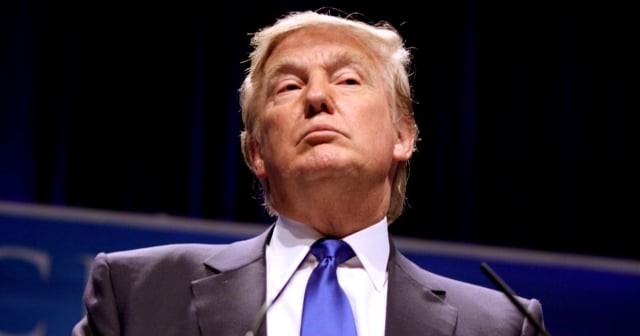The controversial strategy of mass deportations that the new administration of Donald Trump is preparing could send undocumented migrants to countries different from their places of origin.
This action, part of Trump's secret strategy, aims to bypass the issue that arises when the governments of the countries of origin refuse to accept the return of their citizens deported from the United States.
According to a report from Univisión Noticias, the program includes potential destinations such as Panama, the Turks and Caicos Islands, the Bahamas, and Grenada.
The measure poses a humanitarian challenge, as thousands of migrants could be sent to territories where they have no family, social, or cultural ties. Among the most affected groups would be Cubans, Venezuelans, and Chinese, since the governments of their countries of origin may refuse to accept them.
The proposal would involve establishing agreements with third countries to host rejected migrants. So far, there are no details on whether these destination countries have initiated formal discussions with members of the future U.S. government.
The program could generate international tensions and face resistance from both human rights organizations and the governments involved regarding the origin and destination of the deported immigrants.
Impact on Illegal Immigrants
The deported individuals would face an uncertain future in places where they lack support networks and adequate infrastructure for integration. This could exacerbate the vulnerability of these individuals, who are already experiencing a situation of instability and dislocation.
Furthermore, the lack of firm agreements with potential recipient countries creates uncertainty about the feasibility of the plan, which could face legal and political obstacles both in the United States and in the involved nations.
Experts indicate that the communication campaign preceding the deportation strategy aims to deter irregular migration to the United States. They warn that it may also lead to increased diplomatic tensions in the region.
Frequently Asked Questions About Donald Trump's Mass Deportation Plan
What does Donald Trump's mass deportation plan entail?
Donald Trump's mass deportation plan includes sending undocumented migrants to third countries instead of their countries of origin, as well as suspending visas for countries that refuse to accept their deported citizens. Additionally, it involves economic and diplomatic pressures to ensure the acceptance of deportees.
What are the potential countries for receiving deported migrants?
Countries that could be considered for receiving deported migrants include Panama, the Turks and Caicos Islands, the Bahamas, and Grenada. These countries are part of a strategy to deport migrants to locations other than their countries of origin, especially when the latter refuse to accept their return.
How could the elimination of humanitarian parole affect Cuban migrants?
The elimination of humanitarian parole could put Cuban migrants who have not regularized their status through other means, such as political asylum, at risk of deportation. However, Cubans could benefit from the Cuban Adjustment Act, which allows them to regularize their status after one year in the U.S.
What impact could Trump's plan have on the international relations of the U.S.?
Trump's plan for mass deportations could generate significant diplomatic tensions, especially with countries reluctant to accept deportees. These measures are expected to disrupt diplomatic and economic relations between the U.S. and nations such as Mexico, Canada, and several countries in Latin America and Asia.
What do Americans think about Trump's deportation plan?
According to a Reuters/Ipsos survey, 82% of respondents believe it is likely that Trump will implement mass deportations. However, there is a clear division in public opinion, with Republicans generally in favor of the measures and Democrats opposed, reflecting a polarization around the immigration issue.
Filed under:
